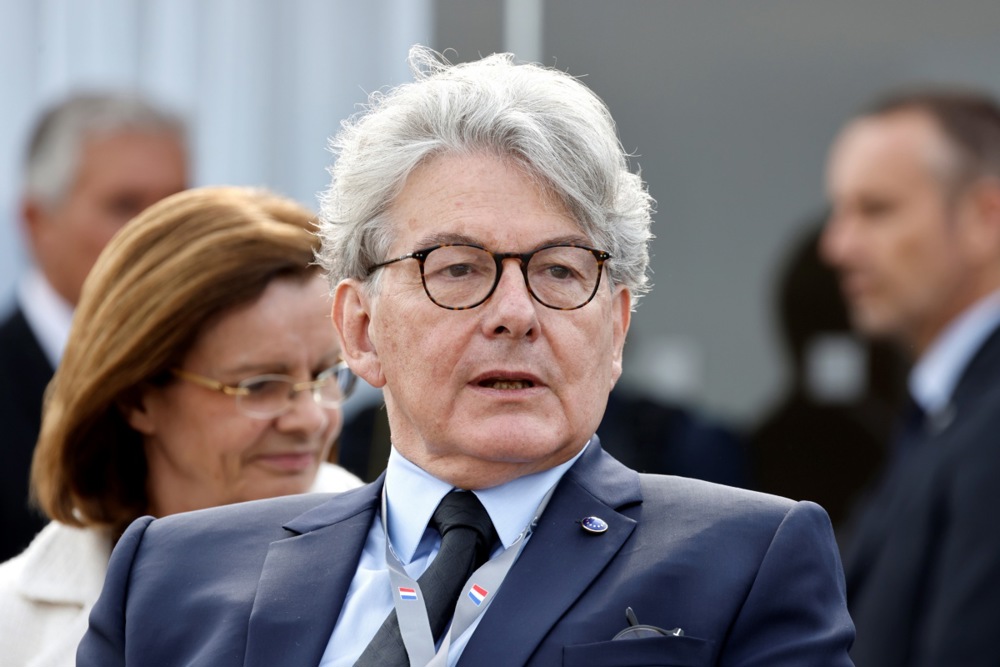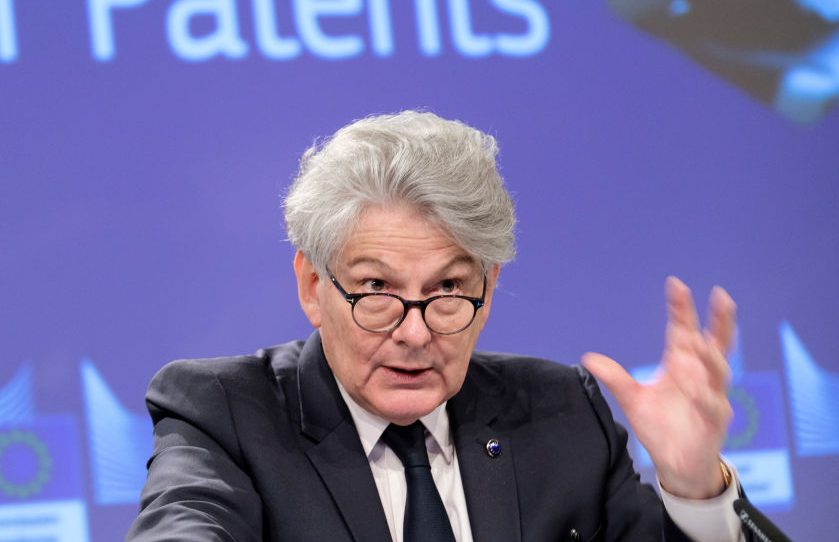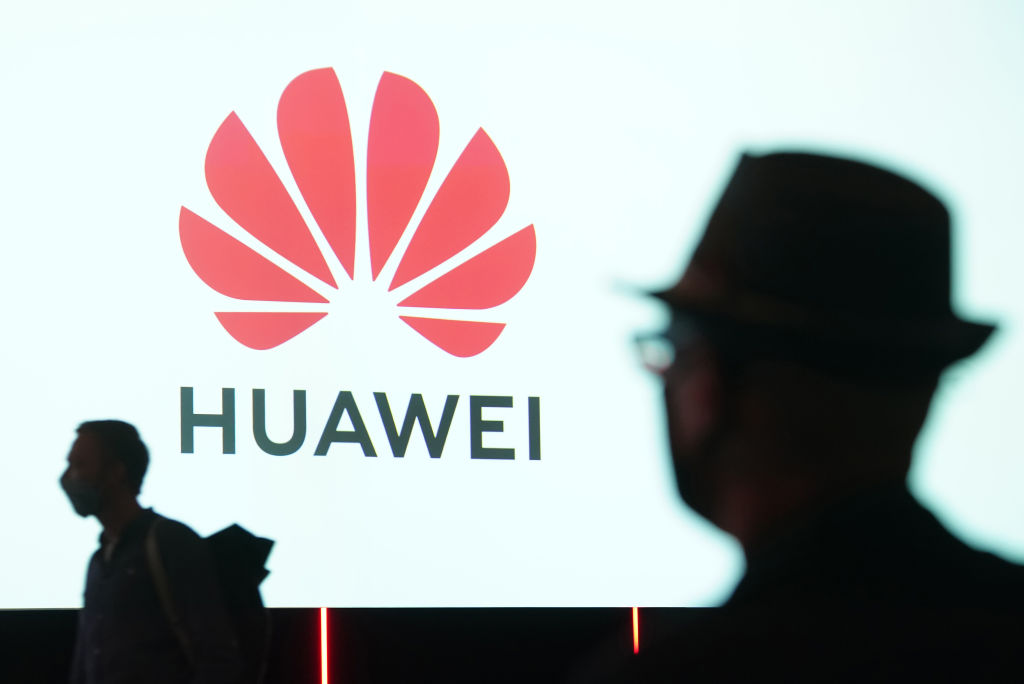Brussels internal market supremo Thierry Breton has taken a victory lap online after Apple bowed to European Commission demands that all smartphones ship with the same charging port.
With rumours having circulated regarding the tech giant’s surrender over the past number of weeks, the Californian company confirmed its decision to acquiesce to EU demands on September 12 as it launched its new smartphone range. It announced that its latest iPhone models would accommodate USB-C ports instead of the company’s own proprietary lightning socket.
Until this month, Apple had been the last firm standing in the EU’s charger wars; its Android operating competitors such as Samsung and Google had already agreed to Europe’s demands to implement USB-C as the standard charging port.
The #CommonCharger is… common sense — and it's within reach! ???
Any company that wants to sell smartphones & electronic devices in the EU will have to supply a #USBC port.
We are slashing consumer costs… and it's good for the environment! ? pic.twitter.com/QQhc4POWAQ
— Thierry Breton (@ThierryBreton) September 12, 2023
“The [common charger] is … common sense – and it’s within reach!” Breton wrote on X shortly before the Apple launch.
He reiterated the EU’s decision to force all smartphone manufacturers to include USB-C charging in their devices if they want to sell them in the EU, insisting that the measure will lower consumer costs while being “good for the environment”.
Apple Inc. is set for a showdown with EU antitrust regulators. https://t.co/8ZhhgWqaZe
— Brussels Signal (@brusselssignal) June 29, 2023
Apple described its decision to implement USB-C as being driven by the changing digital landscape, emphasising that almost all of the company’s latest devices now use the standard charger.
“USB-C has become a universally accepted standard, so we’re bringing USB-C to iPhone 15,” said Kaiann Drance, the company’s Vice President for iPhone marketing.
Although Apple made no mention of European regulations, tech commentators have been keen to attribute the change to the Berlaymont, home of the European Commission.
It has also been seen as evidence of the so-called “Brussels effect”, with European regulations resulting in worldwide changes, as tech companies find it easier and cheaper to apply EU standards across all jurisdictions rather than produce different phone models for different international markets.
“EU rules on health and safety, recycling, or chemical products often force global manufacturers to change their practices everywhere, for example,” Renaud Foucart, an economist at Lancaster University, wrote regarding Apple’s apparent surrender.
He added that, contrary to previous claims made by the company, the risk posed to innovation with the implementation of a legal common charger is “probably minimal”.
“Consumers should be fairly happy with the new rules,” he said.
European Union internal market tsar Thierry Breton has lauded the announcement of a new €15 billion microchip factory in Dresden, Germany, as dozens of other companies leave the bloc over high operating costs. https://t.co/kPlY6fHyB2
— Brussels Signal (@brusselssignal) August 11, 2023





